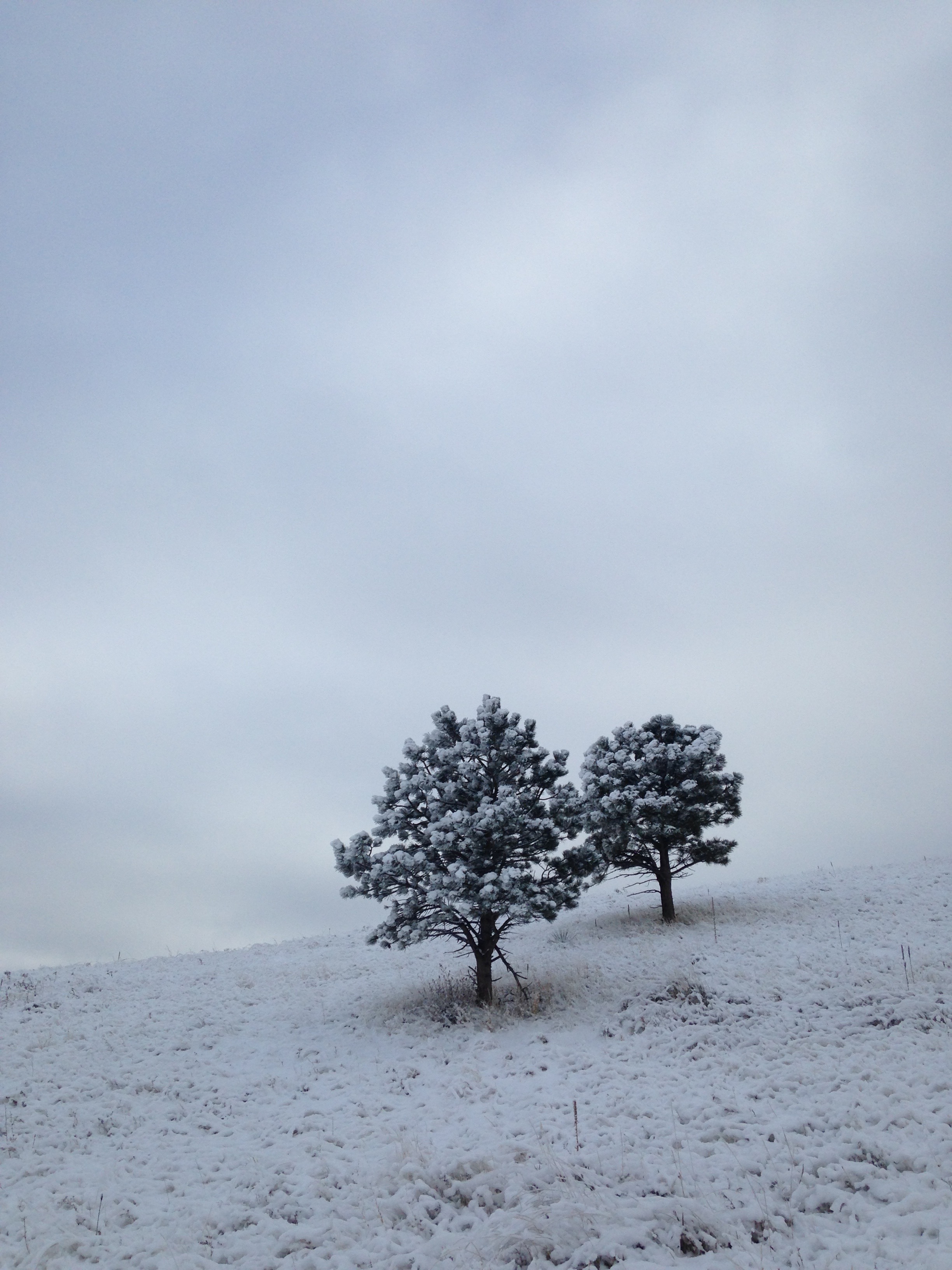 Seventeenth century polymath Blaise Pascal had it right when he remarked, “Distraction is the only thing that consoles us for our miseries, and yet it is itself the greatest of our miseries.”
Seventeenth century polymath Blaise Pascal had it right when he remarked, “Distraction is the only thing that consoles us for our miseries, and yet it is itself the greatest of our miseries.”
Here in the 21st century we have so many distractions that even our distractions get little attention. Author Pico Iyer shares his prognosis, and shows that perhaps the very much younger generation may be making some progress “in terms of sensing not what’s new, but what’s essential.”
[div class=attrib]From the New York Times:[end-div]
ABOUT a year ago, I flew to Singapore to join the writer Malcolm Gladwell, the fashion designer Marc Ecko and the graphic designer Stefan Sagmeister in addressing a group of advertising people on “Marketing to the Child of Tomorrow.” Soon after I arrived, the chief executive of the agency that had invited us took me aside. What he was most interested in, he began — I braced myself for mention of some next-generation stealth campaign — was stillness.
A few months later, I read an interview with the perennially cutting-edge designer Philippe Starck. What allowed him to remain so consistently ahead of the curve? “I never read any magazines or watch TV,” he said, perhaps a little hyperbolically. “Nor do I go to cocktail parties, dinners or anything like that.” He lived outside conventional ideas, he implied, because “I live alone mostly, in the middle of nowhere.”
Around the same time, I noticed that those who part with $2,285 a night to stay in a cliff-top room at the Post Ranch Inn in Big Sur pay partly for the privilege of not having a TV in their rooms; the future of travel, I’m reliably told, lies in “black-hole resorts,” which charge high prices precisely because you can’t get online in their rooms.
Has it really come to this?
In barely one generation we’ve moved from exulting in the time-saving devices that have so expanded our lives to trying to get away from them — often in order to make more time. The more ways we have to connect, the more many of us seem desperate to unplug. Like teenagers, we appear to have gone from knowing nothing about the world to knowing too much all but overnight.
Internet rescue camps in South Korea and China try to save kids addicted to the screen.
Writer friends of mine pay good money to get the Freedom software that enables them to disable (for up to eight hours) the very Internet connections that seemed so emancipating not long ago. Even Intel (of all companies) experimented in 2007 with conferring four uninterrupted hours of quiet time every Tuesday morning on 300 engineers and managers. (The average office worker today, researchers have found, enjoys no more than three minutes at a time at his or her desk without interruption.) During this period the workers were not allowed to use the phone or send e-mail, but simply had the chance to clear their heads and to hear themselves think. A majority of Intel’s trial group recommended that the policy be extended to others.
THE average American spends at least eight and a half hours a day in front of a screen, Nicholas Carr notes in his eye-opening book “The Shallows,” in part because the number of hours American adults spent online doubled between 2005 and 2009 (and the number of hours spent in front of a TV screen, often simultaneously, is also steadily increasing).
The average American teenager sends or receives 75 text messages a day, though one girl in Sacramento managed to handle an average of 10,000 every 24 hours for a month. Since luxury, as any economist will tell you, is a function of scarcity, the children of tomorrow, I heard myself tell the marketers in Singapore, will crave nothing more than freedom, if only for a short while, from all the blinking machines, streaming videos and scrolling headlines that leave them feeling empty and too full all at once.
The urgency of slowing down — to find the time and space to think — is nothing new, of course, and wiser souls have always reminded us that the more attention we pay to the moment, the less time and energy we have to place it in some larger context.
[div class=attrib]Read the entire article here.[end-div]
[div class=attrib]Image: Processing large amounts of information may lead our brains to forget exactly where it all came from. Courtesy of NY Daily News / Chamoun/Getty.[end-div]



 Seventeenth century polymath Blaise Pascal had it right when he remarked, “Distraction is the only thing that consoles us for our miseries, and yet it is itself the greatest of our miseries.”
Seventeenth century polymath Blaise Pascal had it right when he remarked, “Distraction is the only thing that consoles us for our miseries, and yet it is itself the greatest of our miseries.”